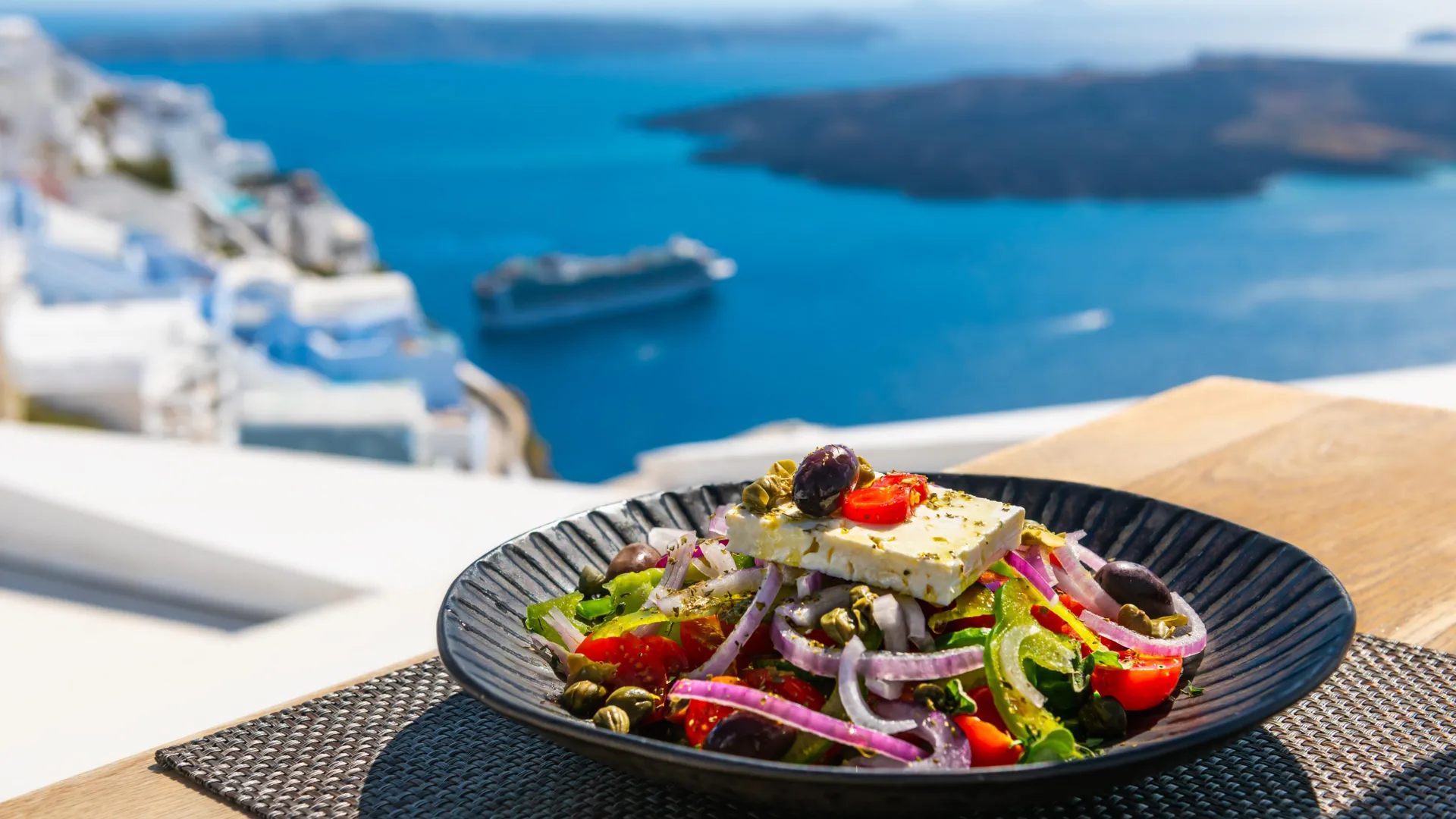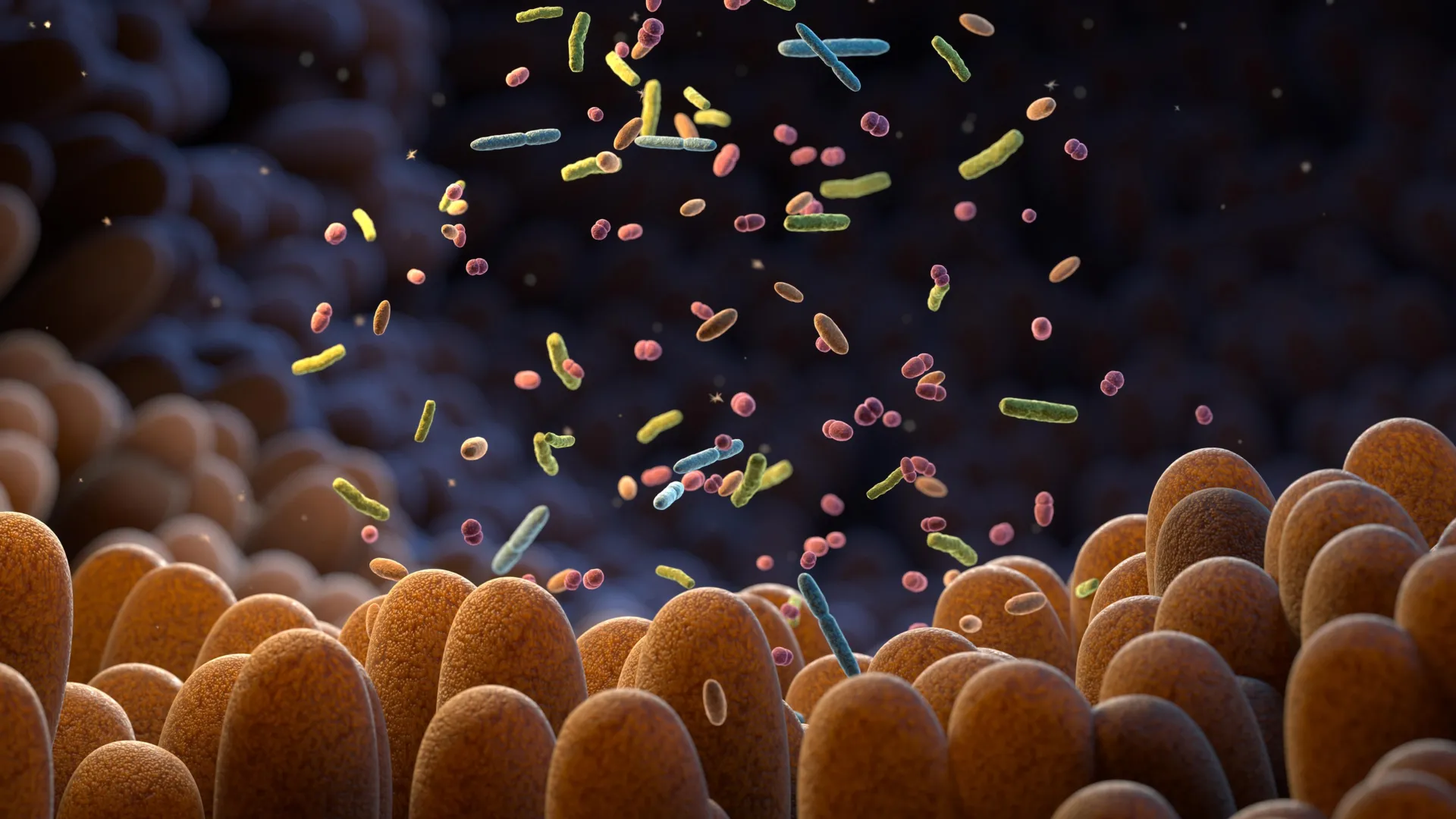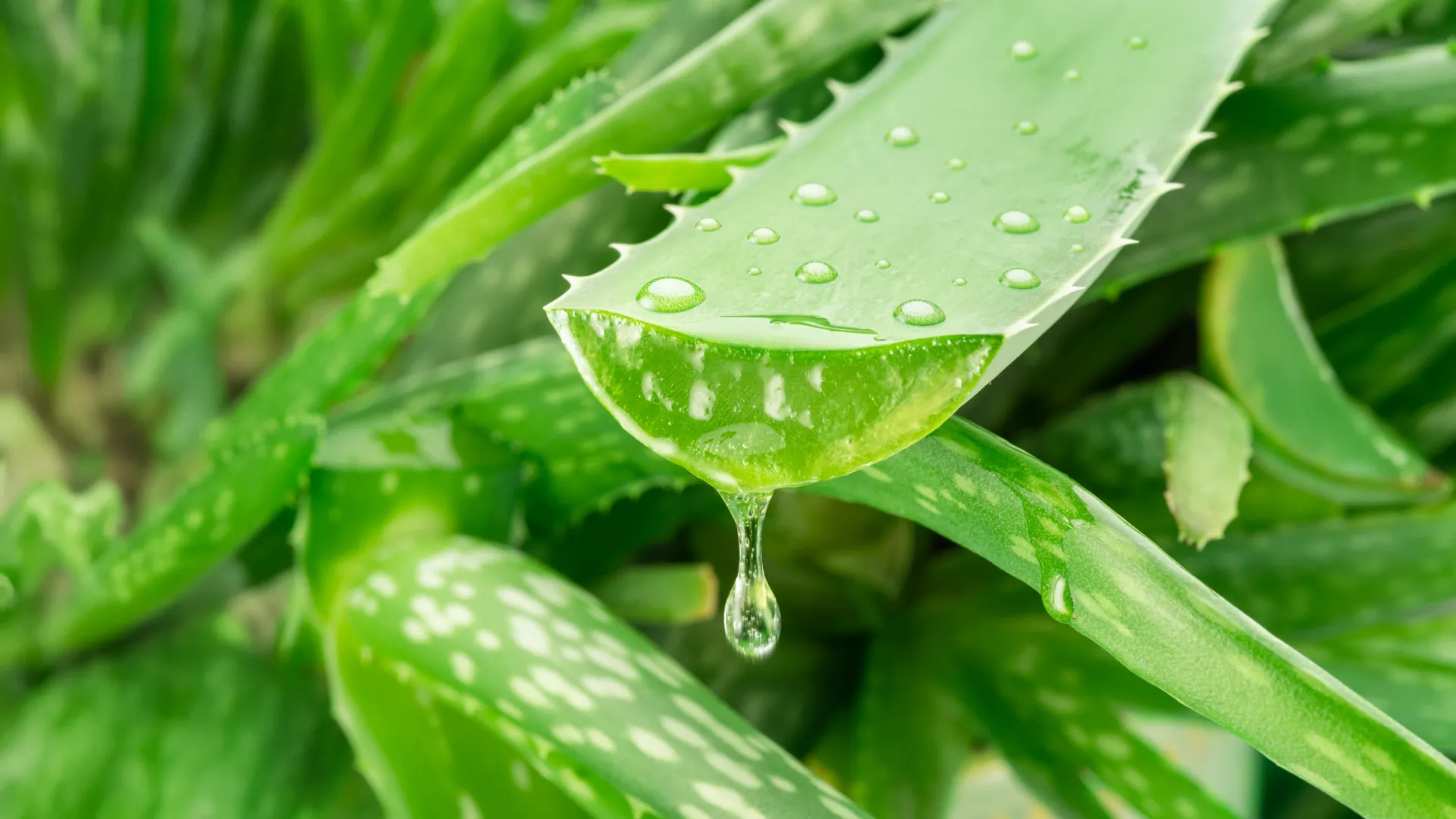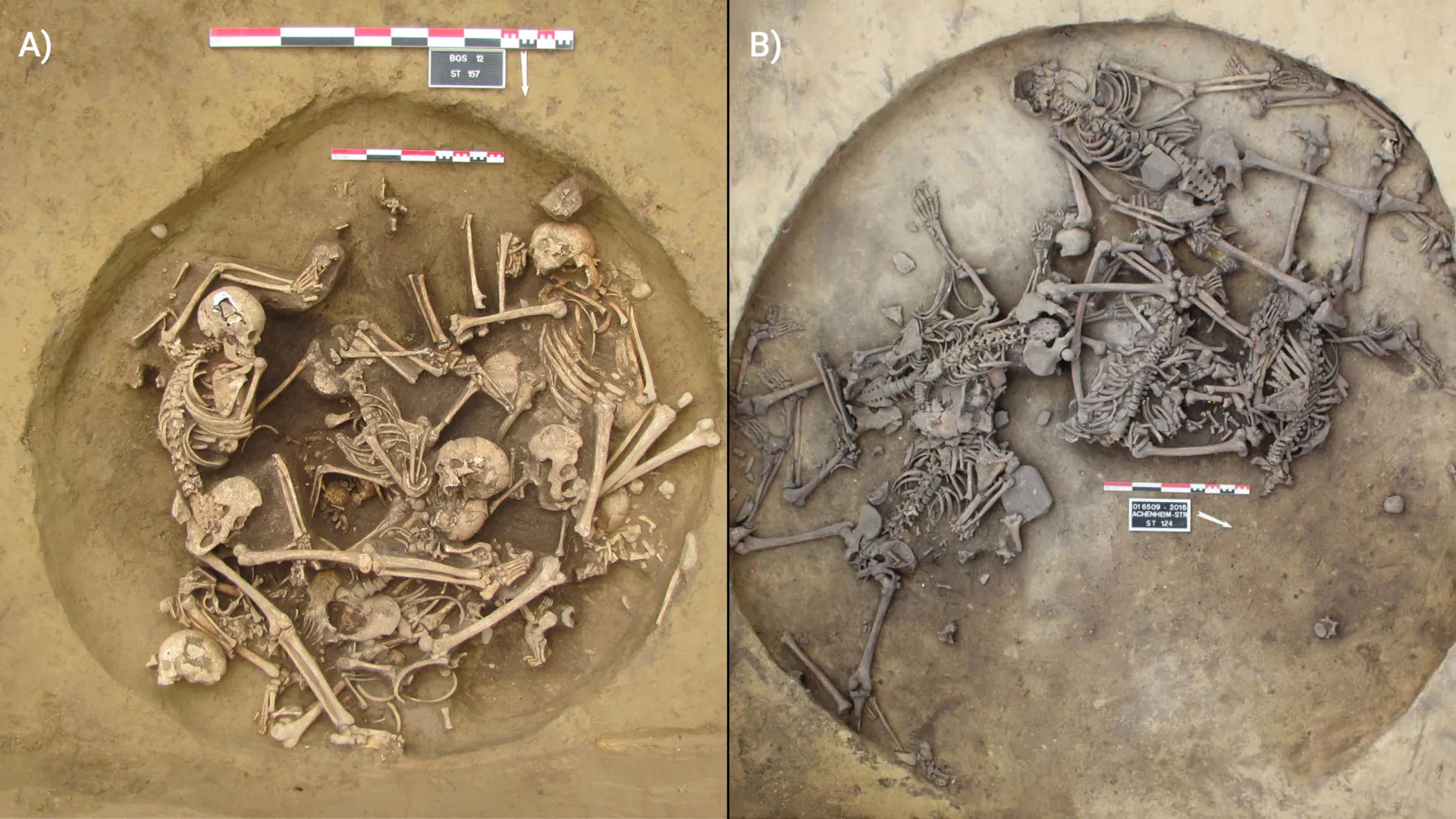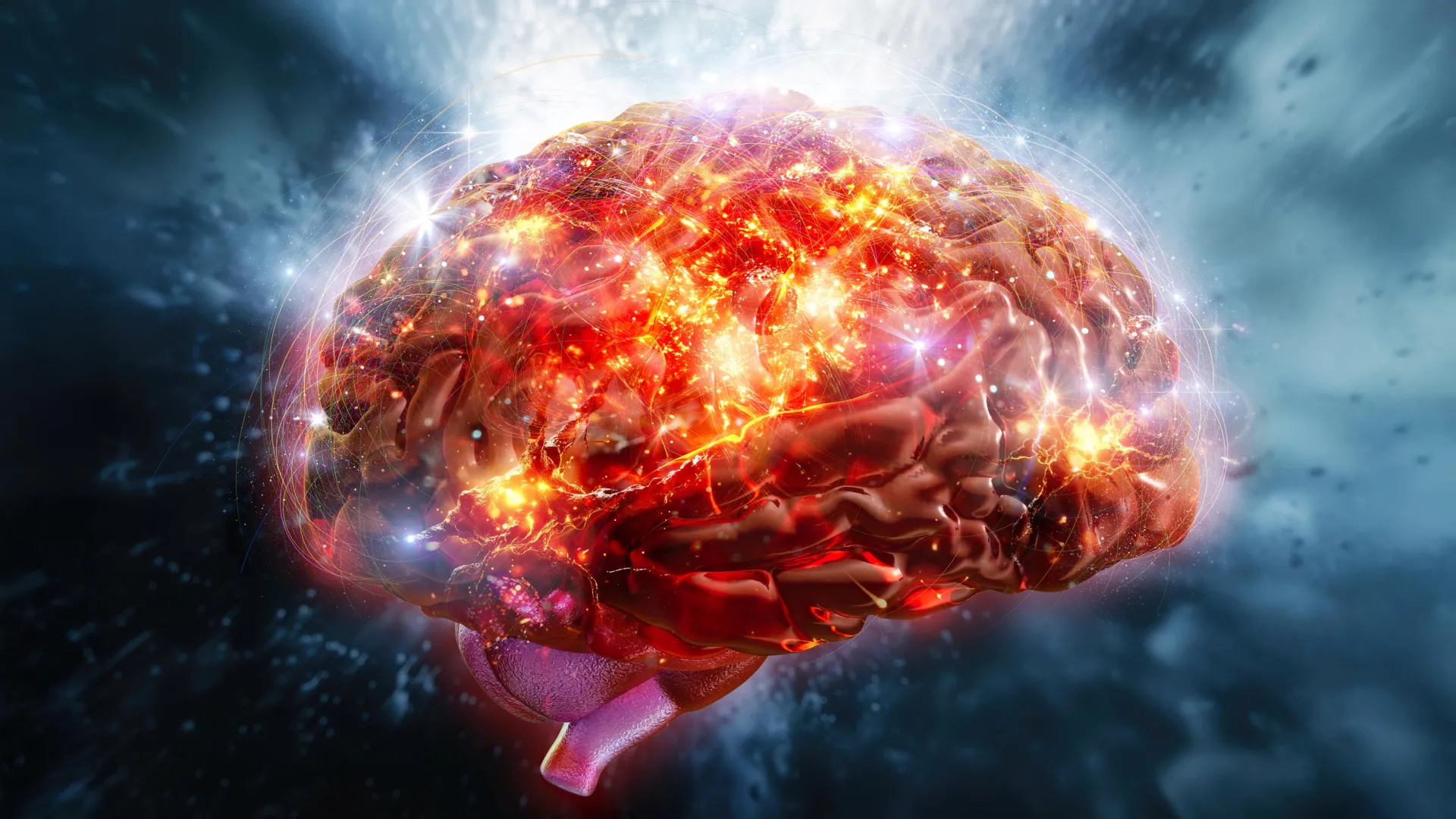AI reads brain MRIs in seconds and flags emergencies
A newly developed artificial intelligence system from the University of Michigan can analyze brain MRI scans and deliver a diagnosis in a matter of seconds, according to a new study. The model identified neurological conditions with accuracy reaching 97.5% and was also able to assess how urgently patients needed medical…






